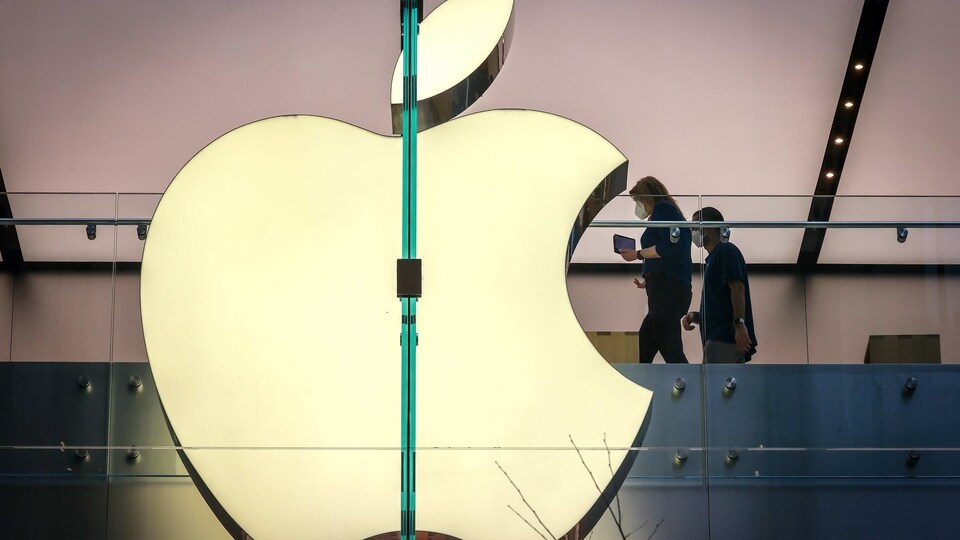Apple court triumph forces tough choice for EU’s tax crusade
The 13 billion-euro ($15.4 billion) demand for Apple was its crowning achievement.

Apple Inc.'s July court triumph over a massive European Union back-tax order is forcing antitrust chief Margrethe Vestager to make a tough choice: Challenge a ruling that faulted the EU investigation or accept judges' criticisms and re-examine a case started more than six years ago.
Her dilemma about whether to appeal before a late-September deadline shows how court rebukes have bogged down probes that were once swift and lethal. The EU targeted big names, triggering changes to taxation across Europe. The 13 billion-euro ($15.4 billion) demand for Apple was its crowning achievement.
“The European Commission may very likely appeal the judgment of the General Court in the Apple case, if only to save face,” said Howard Liebman, a tax attorney with Jones Day in Brussels. “It will be a very rough row to hoe, given the very detailed and fact-oriented decision“ from the EU's second-highest tribunal.
If Vestager opts to fight on at the EU Court of Justice, the bloc's top tribunal, she risks overlooking criticism that the EU failed to prove “to the requisite legal standard” that Ireland's tax deal broke state-aid law by giving the iPhone maker an unfair advantage.
The commission, the EU's executive arm, has already had to re-investigate some 40 probes following court decisions that picked apart its findings. That includes a case into Dutch tax arrangements for Starbucks Corp. and 39 investigations into Belgian tax pacts with companies including branches of Anheuser-Busch InBev SA, BASF SE and British American Tobacco Plc.
At a Friday press conference in Brussels, Vestager refused to be drawn on her next moves in the Apple tax case.
“We haven't taken that decision yet,” she said. “As the commission always does, we wait until we're closer to the deadline of the appeal question” before commenting.
The speed at which some of these early cases were concluded -- the first Belgian investigation took 11 months and Starbucks took 16 months -- doesn't match the current pace. The EU has been probing Inter Ikea's Dutch tax arrangements since December 2017 and even extended the scope of the case in April. An investigation into Huhtamaki Oyj's deal with Luxembourg started in March 2019 and one into Nike Inc.'s tax treatment in the Netherlands began in January 2019.
Despite the EU's many setbacks, judges haven't questioned regulators' ability to use state-aid law to probe individual tax agreements. And the commission said in a statement that “as part of its fight against aggressive tax planning” it will continue to review such tax rulings offered by governments to businesses.
But the greater victory for the EU crackdown on corporate tax evasion has been outside the courtroom.
Nations have slowly closed loopholes and ended structures that allowed multinational companies to cut their fiscal liabilities. A global push for more tax transparency was fueled in 2014 by the so-called Luxleaks revelations by a group of investigative reporters, who published thousands of pages detailing secret tax arrangements between Luxembourg and multinational companies including Walt Disney Co., Microsoft Corp.'s Skype and PepsiCo Inc.
“One could say that the commission lost the battle, but won the war,” said Liebman. “By commencing action in this area, the commission did highlight the defects in the international tax regime that allowed such planning to take place and escape sanction.”
Catch all the Latest Tech News, Mobile News, Laptop News, Gaming news, Wearables News , How To News, also keep up with us on Whatsapp channel,Twitter, Facebook, Google News, and Instagram. For our latest videos, subscribe to our YouTube channel.


























